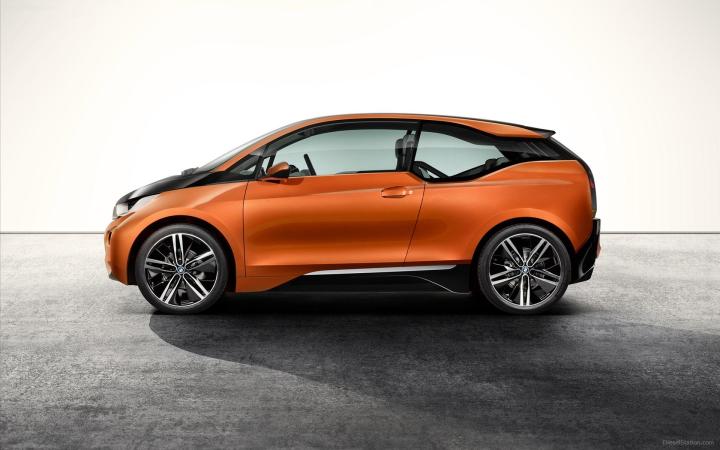
Yes, the i3 may be behind the i8, Z4 replacement, and upcoming Supra in BMW’s popularity contest, but that isn’t stopping the i3 from looking ahead. Motoring reports that BMW may use the hydrogen fuel cell system from Toyota’s upcoming FCV in a new version of the i3, which may be on sale by 2016.
Craig Scott, National Manager of Toyota Advanced Technologies, told Motoring that BMW could borrow Toyota’s hydrogen tech, just as Toyota will do in borrowing i8 technology for the next LFA.
To be clear, he did not specifically mention an i3 FCV, but he did make some strong hints regarding BMW’s partnership with Toyota.

“It’s a technology development program where we are supposed to be jointly developing a fuel cell powertrain,” he said. “I’ll just say that BMW had a lot of choices – there are a lot of people who make fuel cells – and we’re very happy [Toyota] chose us.”
“They’ve never made a fuel cell before,” he continued, “so this is going to be a good experience, I think, for them and probably for us.”
Whether or not a FCV version of the i3 is realistic will come down to safety requirements, Scott explained.
“It’s just going to come to meeting crash [testing requirements]. So they’re going to have to find a way to package it [so] that they can meet [safety regulations].”
There’s no conformation on what a fuel cell–powered i3 would cost or how it would perform, but Toyota’s FCV, rumored to be called the Mirai, will debut for around $69,000 in the States. It will also have a range of about 300 miles and be able to accelerate from 0 to 60 mph in approximately 10 seconds.
Editors' Recommendations
- BMW i4 vs. Tesla Model 3: Which EV sedan is better?
- BMW’s electric i4 will make its debut in 2021 with 530 hp, 300 miles of range
- Hyundai cracks off two new land speed records in fuel cell, hybrid cars
- Next-gen Toyota Mirai confirmed despite continuing issues with hydrogen tech
- Toyota uses hydrogen fuel cells to power one of its Japanese factories


